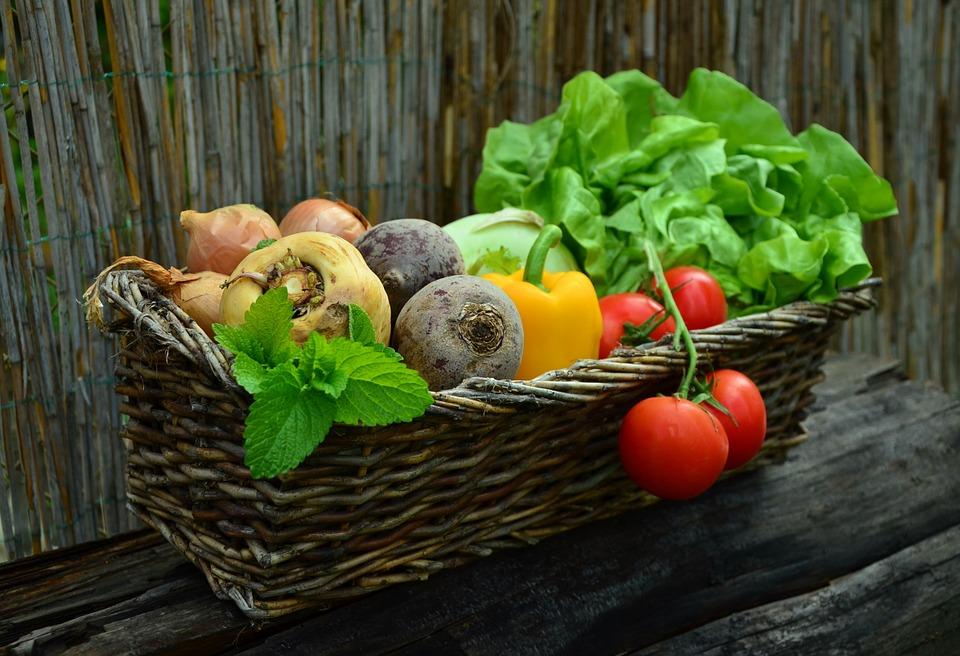As we move into the New Year, you may be planning on making some lifestyle changes. Many people will be making New Year’s resolutions as they say goodbye to the festive season and look forward to a healthy and productive New Year.
If you’re one of the thousands of people who are affected by fertility issues, then this could be the ideal time to start making positive changes in your lifestyle that could help you overcome these problems and realise your dream of building a family.
In this blog, we’re going to look at how healthy eating can give you the best chance of conceiving naturally, maintaining a healthy pregnancy, or qualifying for NHS funded IVF treatment.
How does my diet affect my fertility?

When it comes to boosting fertility, many things need to be taken into consideration. But a healthy, balanced diet is a great place to start. Different foods affect you differently; a large intake of sugar, for example, can cause a hormonal imbalance, and therefore affect fertility.
Here’s a short list of some types of food that may be having an effect on your fertility:
1. Complex carbs – found in whole grains, vegetables, peas and beans. Complex carbs are digested slowly and have a more gradual effect on blood sugar and insulin. Research has even shown that high insulin levels can directly harm your fertility. Avoid simple carbs like white bread, white rice and baked goods – these types of food can cause high insulin levels, disrupting the hormonal balance needed for reproduction and ovulation.F
2. Fish – a great source of omega-3 fatty acids. Found in wild fish, such as salmon and shrimp, these essential fats are believed to have a positive effect on fertility. Research suggests that a diet rich in omega-3 may help to regulate ovulation, delay ageing of the ovaries and improve egg quality. Opt for wild salmon or cod, and avoid large deep-water fish such as tuna and swordfish as they contain high concentrations of mercury, which can be dangerous if consumed in large volumes. Women who are trying for a baby should have no more than two portions (140g) of oily fish a week.
3. Plant protein – lentils, beans, nuts, seeds and grains are all sources of plant protein and are thought to be a natural fertility booster.
4. Iron-rich foods – such as red meat, pulses, bread, green vegetables and fortified cereals. These foods will help build up your iron levels in preparation for pregnancy.
5. Lots of fruit and veg – dairy foods should be consumed in moderation due to their high-fat content. You can get your daily dose of calcium from vegetables such as broccoli, kale and oranges.
While there may be some disagreement over the negative effects of some food stuffs on pregnancy or fertility, all doctors agree that heavy alcohol intake should be avoided while undergoing fertility treatment and whilst pregnant.
Consumption of alcohol has been scientifically proven to have a negative effect on fertility in both men and women. If you are struggling to conceive naturally, and now that the Christmas period is behind us, January may be the best time to make positive steps in cutting back the amount of alcohol you consume and giving yourself the best possible chance of conceiving. Drinking while pregnant is also strongly advised against. Alcohol consumption can have a damaging effect on the foetus and lead to complications, even miscarriage. Developmental problems in children has also been linked to alcohol consumption while pregnant.
Exercise
.jpg)
You may assume that this is a clear-cut issue. Lots of exercise means improved fertility? Not necessarily…Studies have shown that extensive, strenuous exercise can be harmful to fertility in women. Researchers at the University of North Carolina found that high-intensity, strenuous and prolonged exercise increases cortisol levels, while lowering thyroid hormones and lowering a woman’s chance of becoming pregnant. Essentially, if you are too active, your body does not prepare your body for pregnancy and your chances of conceiving are lowered.
That’s not to say that all exercise is bad. Some, moderate exercise is recommended. Yoga, brisk walks, swimming can all be very beneficial in boosting fertility as well as ensuring a healthy pregnancy.
In regard to male fertility, exercise is also something to make an effort to do, whilst still being aware that certain activities can inadvertently damage your fertility. Cycling has grown in popularity in recent years, however the tight-fitting clothing and pressure that a bike saddle may add to the testes can have a negative effect on sperm production. Aside from that, consistent, responsible exercise is strongly advised.
In addition to the health benefits and subsequent fertility improvements that exercise can bring, an improvement in your general health is consistently found to improve general mental health. Positive physical health will lead to an upturn in mental health; both of which are influential in increasing your fertility and ensuring that, if you do become pregnant, it’ll be a healthy one.




